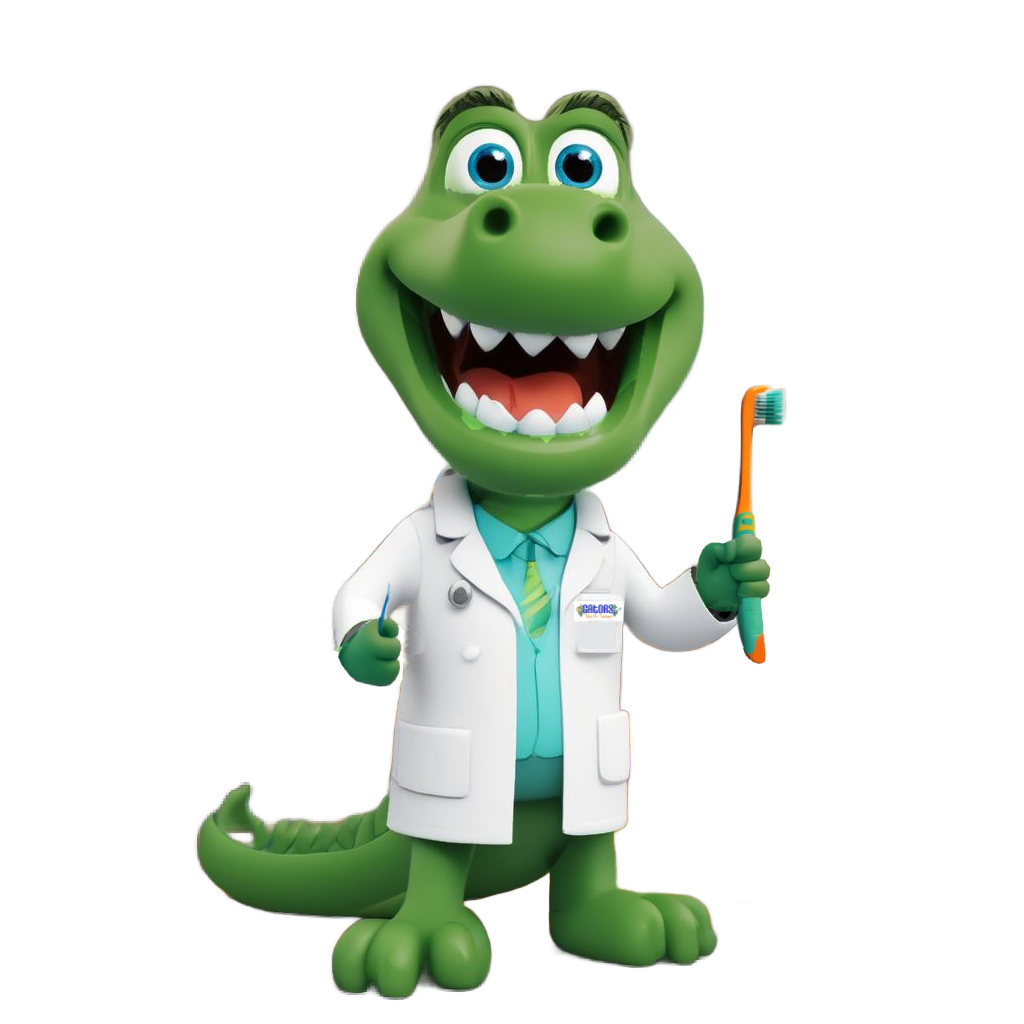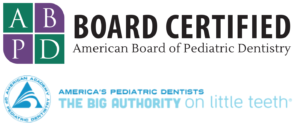

Early dental care is crucial for children's health
Help to prevent issues, promote proper development, and establish a positive relationship with oral hygiene from a young age.
Why a pediatric dentist?
Pediatric dentistry is a dental specialty focused on providing dental care for infants, children, and adolescents.
Read More
It addresses their unique physical and psychological needs, guiding oral growth and helping prevent future dental issues. Pediatric dentists undergo 2–3 years of extra training after dental school and are skilled in child psychology. They use different communication techniques to build trust and make dental visits more enjoyable for children.
Why are “Baby Teeth” important?
Primary (baby) teeth are crucial for your child’s health, development, and ability to chew and speak.
Read More
Losing them too early can cause problems with permanent teeth. Baby teeth can also get cavities, leading to pain and infections if not treated. The best way to care for your child’s teeth is by setting a good example. Teach your child healthy habits, like proper brushing and good nutrition, to maintain healthy teeth into adulthood. Healthy teeth also make dental visits easier and less scary for your child.
How does tooth decay affect children?
Bacteria in the mouth break down sugars, producing acid that leads to cavities.
Read More
Cavities appear as white, yellow, brown, or black spots on teeth. Once a child has a cavity, more may develop as bacteria spread to other teeth. Visible plaque on the front teeth can indicate a higher risk for cavities. Plaque is a sticky film of bacteria that forms near the gums. Tooth decay can also be spread from parents or siblings through saliva, such as by sharing utensils or testing food before giving it to the baby. These germs can cause cavities even before the baby’s first teeth appear, so avoid sharing saliva with your baby.
How can I help my kid have good oral health?
Follow these steps to help your child develop great oral health habits for life:
Read More
- Care for gums from day one: Before your baby’s first tooth appears, gently rub their gums with a clean, damp cloth after feeding. This helps remove food and builds good oral care habits early. Only give water in the bottle at bedtime to avoid sugary liquids that harm teeth.
- First tooth at six months: Once the first tooth appears, start brushing with a small smear of fluoride toothpaste twice daily. Use a soft-bristled brush designed for babies.
- Avoid cavities: Avoid sweetened liquids like juice or soda, as even milk and formula can cause tooth decay. Clean your baby’s teeth regularly and never let them go to bed with a bottle containing anything other than water.
- Be a great role model: Children learn by watching, so brush and floss in front of them. Let your toddler “brush” with you, then help them finish. Make brushing fun with flavored toothpaste, fun brushes, or songs. Start good habits early to set them up for lifelong oral health.
How are cavities prevented?
Preventive dental care is crucial for your child’s oral health. By practicing good hygiene and eating healthily, your child can keep healthy teeth. Here’s a simple oral care routine:
Read More
- Flossing: Floss at least once a day to remove bacteria between teeth that a toothbrush can’t reach.
- Brushing: Brush teeth twice a day with a soft-bristled brush and fluoride toothpaste. Brush the tongue to remove food particles and keep breath fresh.
- Rinsing: Use a mouth rinse once a day at night after brushing and flossing. Ensure your child swishes it for 1 minute and doesn’t swallow it. Avoid eating or drinking for 30 minutes after rinsing.
Supervise your child until they can manage these steps on their own.
Is nutrition important?
To help prevent cavities, limit your child’s sugar intake to mealtimes and avoid sugary snacks.
Read More
Sweets, candy, and sugary drinks like juice and soda can all contribute to cavities. Limit juice to 6 ounces per day and serve it only with meals. Encourage water and healthy snacks like fruits and vegetables to protect your child’s teeth.
American Academy of Pediatric Dentistry
Additional Resources
In case you want to learn more, visit these useful links


